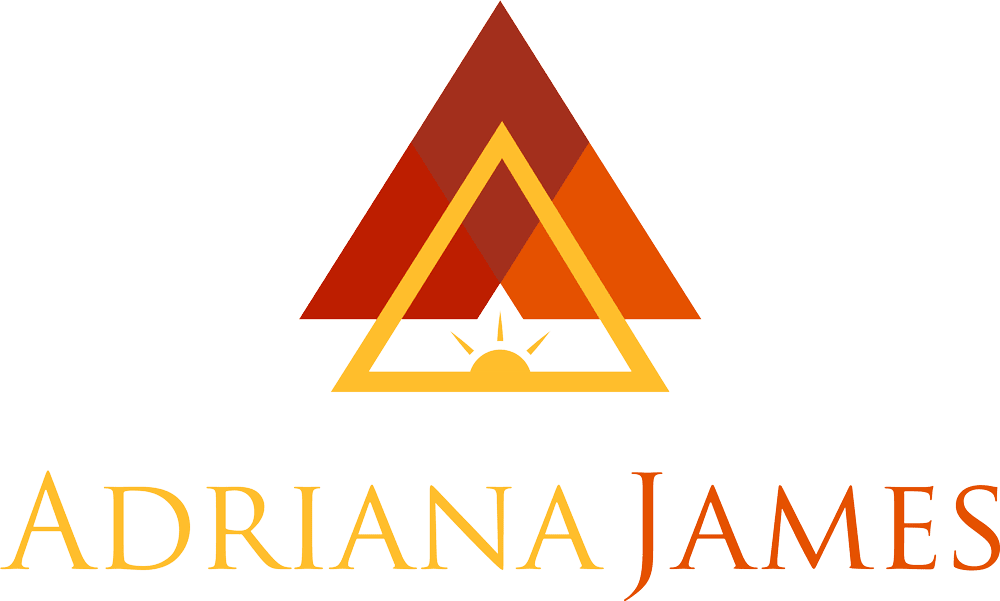 |
By Ricardo GomezBy Guest writer |
In part one, we discussed how to discover our partner’s representational system, and how not knowing that information can lead to a loss of communication that was easily obtained at the beginning of a relationship by using them all during the courting stage. This information I am sharing with you is part of the NLP Practitioner training.
In this second part, I want to talk about how to bring that magic that a couple had at the beginning of the relationship back, by recreating the feelings that you had early on.
Ideally, you can do this during a day off when there is no rush to go somewhere, and when all the electronic devices are shut off to avoid any interruption as well as starting to take few deep breaths while remembering a time when you felt at ease.
So find some alone time with your partner and ask each other some of the following questions:
A-
- What is it that you love about me?
- What is it that you respect about me?
- What is it that makes you want more of me?
- What is it that I do or say that makes you feel love?
- What is it that I do or say that makes you feel respected?
- What is it that I do or say that makes you feel proud?
- What is it that I do or say that makes you feel excited?
- What is it that I do or say that makes you feel happy?
The answers of those questions will not only make you feel great but also will help your partner recall some of the great things they love about you. It helps you to learn (in case you didn’t know yet) about the positive things that you might want to do more often.
On the other side of the spectrum, you can also ask the opposite: and in this case here, you will learn some of the things that you want to avoid.
B-
- What is it that I do or say that doesn’t make you feel love?
- What is it that I do or say that doesn’t make you feel respected?
- What is it that I do or say that doesn’t make you feel proud?
- What is it that I do or say that doesn’t make you feel excited?
- What is it that I do or say that doesn’t make you feel happy?
There are so many questions that one can use to discover at the beginning, or later in a relationship to go back to that magical passionate relationship that you had early on.
Finding out the answers to some of those questions and making sure you apply the answers from “A” as often as possible on a regular basis will give you the possibility to get back to that healthy relationship, while avoiding what triggers the answers on the “B” questions.
So if you used to tell your partner how happy you were to see them, but now you don’t, if you used to run to them when they came home to hug them but now you don’t, and if you used to surprise them once in a while with a little something new and now you don’t, now is the time to get back to those little things you use to do and by making sure you use mostly their preferred representational system.
Now you can see how learning and applying those simple steps will bring back what you were attracted to in that relationship in the first place.
How things would change, how much your relationship would improve if you start now?
Have fun with it
Ricardo E. Gomez, NLP and TLT Coach is a business trainer and executive coach based in the Washington D.C. area. Ricardo’s specialties include personal, relationship, and breakthrough coaching, healthy lifestyle guidance, and, for executives, goal setting, decision making, leadership and communication skills. Of Spanish descent, he was raised in Paris and has lived in the United States for 20 years; Ricardo is fluent in English, Spanish and French.


